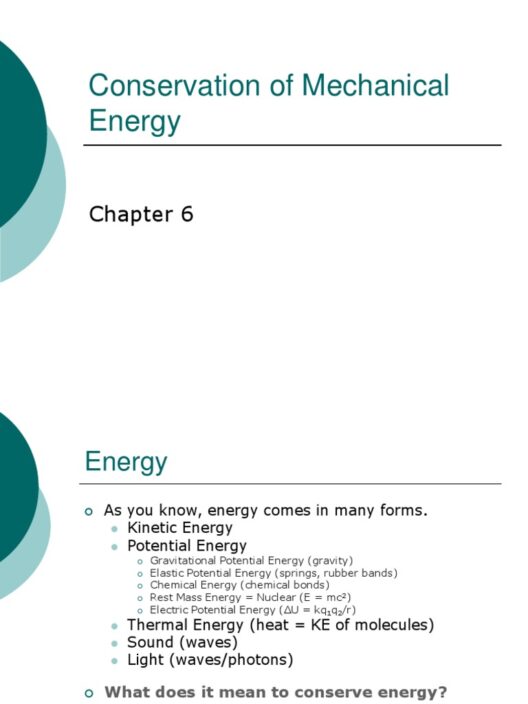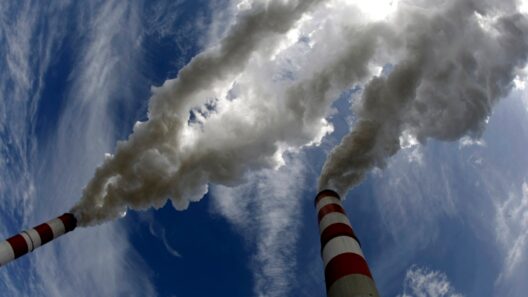Climate change, predominantly driven by anthropogenic greenhouse gas emissions, has become one of the most pressing global challenges of our time. While debates about the science sometimes seem insurmountable, an overwhelming majority of scientists advocate for comprehensive action against global warming. Understanding the consensus among scientists about climate change is paramount for informed policymaking and public awareness.
The foundation of this consensus rests on rigorous scientific investigations conducted over decades. Numerous peer-reviewed studies have established a clear link between human activities, particularly fossil fuel combustion and deforestation, and the rising levels of carbon dioxide and other greenhouse gases in the atmosphere. This accumulation, in turn, has been closely correlated with global temperatures rising at an unprecedented rate over the last century.
According to major scientific organizations worldwide, including the Intergovernmental Panel on Climate Change (IPCC), there is a persistent consensus: climate change is happening, and it is largely caused by human conduct. The findings from thousands of climate scientists working across a multitude of disciplines—ranging from oceanography to atmospheric science—indicate an urgent need for mitigation strategies. Such strategies are formulated to curtail the effects of global warming and implement adaptive measures to safeguard vulnerable ecosystems and human societies.
An aspect of action-oriented global warming discourse centers around the need for policy intervention. Research has consistently shown that the implementation of policies promoting renewable energy sources, energy efficiency, and sustainable practices can significantly mitigate climate change impacts. Transitioning away from a carbon-intensive economy is vital for achieving long-term climate goals. Scientific literature supports the introduction of carbon pricing, subsidies for green technologies, and stricter emissions standards as critical levers for driving this transition.
The discourse surrounding climate action is also steeped in ethical consideration. A significant majority of scientists articulate that inaction not only jeopardizes ecological integrity but also poses existential threats to global populations. The principle of intergenerational equity—a concept rooted in fairness and justice—holds that current generations have a moral obligation to protect the planet for future inhabitants. Scientists advocate for environmental stewardship and sustainable practices that honor this responsibility.
Public sentiment around climate change and scientists’ calls for action have found resonance in various global movements, most notably the youth-led climate protests. These movements amplify scientific findings, urging communities and governments to take decisive steps to address climate challenges. The active engagement of climate scientists with the public through outreach, education, and policy advocacy plays a vital role in fostering a culture of climate consciousness. The dialogue evolves, and inclusion of marginalized voices within climate action has become central to enriching the narrative and ensuring comprehensive solutions.
Moreover, the portrayal of climate change in media and popular culture also influences public perception. The representation of scientists in documentaries, podcasts, and articles serves to bridge the gap between complex scientific concepts and lay understanding. As audiences explore these platforms, they encounter myriad viewpoints and narratives detailing the urgency and cost of inaction against climate change. This has often resulted in reinforcing the scientific consensus that the majority of climate scientists advocate for action.
Importantly, challenges to this consensus persist, often proliferated through misinformation or misunderstanding. Some detractors argue against the concept of global warming, motivated by socioeconomic incentives or ideological beliefs. However, the academic response has been resounding—debunking myths through clear communication of scientific evidence. It’s critical to cultivate media literacy and critical thinking skills within the public arena; empowering individuals to discern between credible science and misleading narratives can significantly influence climate policy support and collectively drive change.
In the realm of scientific research, climate scientists continue to refine their predictive models and interpretations of climate data. As new evidence emerges, the narrative adapts, yet the fundamental consensus remains steadfast: climate action is imperative. Studies increasingly emphasize the interconnectedness of climate issues with social justice, economic development, and public health, urging an integrative approach to tackle these multifaceted challenges. Sustainable development, therefore, emerges as a holistic framework that the majority of scientists encourage to pave the way for combating climate change effectively.
Engaging in climate action is not merely an environmental concern; it is an economic necessity. Research indicates that the costs of inaction far exceed the investments needed to combat climate change. By transitioning to sustainable practices, societies can generate new job opportunities, stimulate economic growth, and enhance community resilience in the face of climate adversity. Such an understanding must permeate public policy discussions and shape governmental actions worldwide.
In conclusion, the consensus among scientists is clear: a significant majority advocate for rigorous, immediate action to combat global warming. Through informed dialogue, proactive policy initiatives, and ethical lexicons, it is possible to foster a well-informed public ready to engage with climate issues. In this pursuit, collaborative efforts that mobilize interdisciplinary knowledge and community involvement will be paramount as the world seeks to mitigate the catastrophic threats posed by climate change. The time for action is now, and science stands unequivocally in support of these endeavors.








